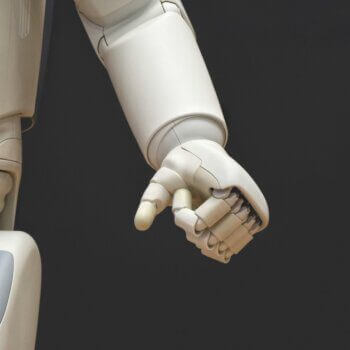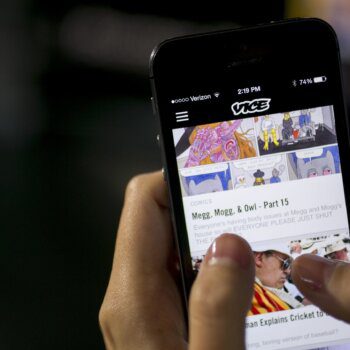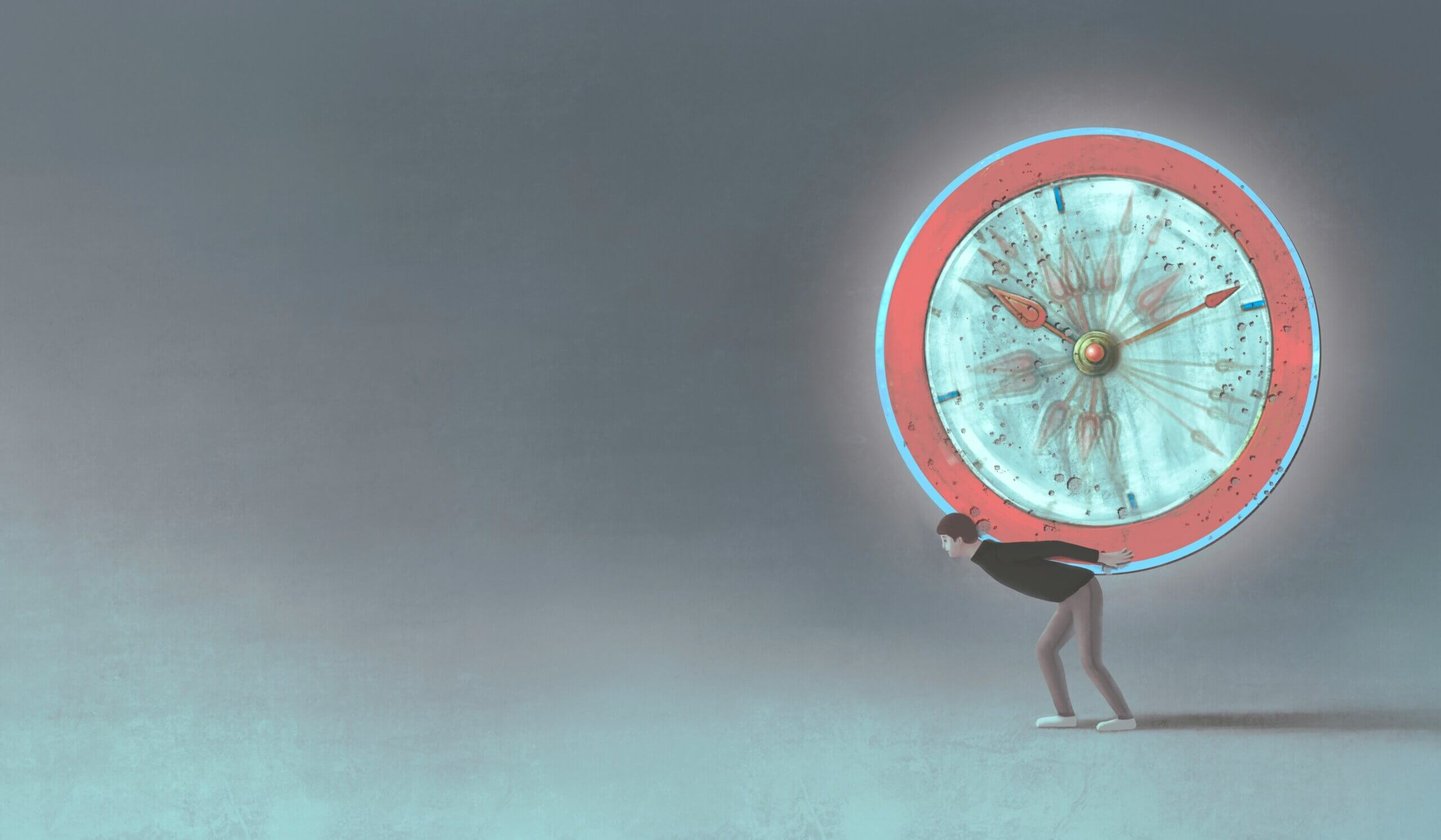Key Takeaway:
The Paradox of Choice: Why More is Less argues that an abundance of choices can cause people anxiety due to the difficulty of comparing and contrasting options, lack of expertise, and emotional high stakes. Maximisers are more likely to experience post-decision regret, so it is important to build habits to avoid ruminating on everyday decisions. Reducing choices, developing good habits, and letting system one take charge can help us face daily decisions.
Almost every morning I face the same dilemmas. Whether I should wake up my wife with a kiss or let her sleep longer. Should I get out of bed or just press the snooze button? And that is even before I have had my first cup of coffee.
Our daily life is rife with so-called trivial decisions. People often feel silly for overthinking low-stakes decisions but research has shown there are logical reasons for feeling this way. Understanding why you feel so stressed by smaller decisions can help you learn what to do about it.
First, sometimes the sheer number of options overwhelms us, as we find it difficult to compare and contrast the options. Economics scholars long championed the notion that it’s better to have more choices. But in 2000, US psychologists Sheena Iyengar and Mark Leeper challenged this idea.
In one of their studies, they set up a jam testing table at a supermarket. Far more consumers bought a jam when they were given fewer options. Almost a third (30%) of customers went on to buy a jam when the stall had six flavours yet only 3% of customers bought jam when there were 24 flavours.
Drawing on these findings, US psychologist Barry Schwartz’s book The Paradox of Choice: Why More is Less, argues an abundance of choices can cause people anxiety.
People often lack, or believe they lack the expertise to properly assess their options. For example, when dealing with a financial decision. And if you have goals, a lack of certainty about how rigidly you want to stick to them is probably going to give you a headache. A vague goal to “start saving more” isn’t going to give you clarity when a friend suggests going out for food and your belly is rumbling.
Also, some of the decisions we label trivial may actually have emotional high stakes. Deciding what to wear for a date, for instance, is probably not just about fashion.
While each factor is enough to create stress, when all factors are combined anxiety about the decision is only going to be amplified.
It’s your personality
Another line of research has focused on the link between people’s decision strategies and wellbeing. Researchers have identified two main decision-making strategies: Maximising and satisficing. Maximising is a tendency to try and find the best option. Satisficing, a term introduced by Nobel prize winner Herbert Simon, is a strategy that terminates once an acceptable option is found.

Maximising and satisficing have been linked to personality traits. There are people who tend to maximise and others who are more satisficers.
Schwartz and his colleagues found a negative relationship between a tendency to maximise and feelings of life satisfaction. Maximisers (compared with satisficers) were also more likely to experience post-decision regret. One explanation is that maximisers are always brooding about what they could have done and how they could have made a better decision.
To be clear, the study did not examine major life decisions about marriage or health but focused on every day decisions (although similar findings have been reported about more serious medical decisions).
Make a habit of it
Decisions can be mentally exhausting. So sometimes everyday choices feel hard because you have decision fatigue.
William James, one of the greatest thinkers of the 19th and 20th centuries, suggested habits help us cope with these complexities. Habits take away the need to think. Investing your time in building habits can stop you from ruminating on everyday decisions.
William James’ insights have inspired many contemporary researchers. One idea popularised by psychologist Daniel Kahneman’s book, Thinking, Fast and Slow, is the notion that we use two different information processing mechanisms, system one and system two. System one is unconscious, fast, intuitive. It requires little effort. System two is purposeful thinking.
Waking up at the same time every morning, kissing my wife and then making coffee has become a habit that has helped me avoid thinking too much about these activities. I let my system one take charge as much as I can, at least until I have my first cup of coffee.
US writer Merlin Mann said “thinking can be the enemy of action”. While I am not sure I would agree completely, his words do resonate with many findings from psychology.
Herbert Simon developed the idea of satisficing because he believed humans have limited cognitive and other capacities (such as memory and attention). Thinking too much — for example, whether to exercise today or not — can be stressful and frustrate the intention to do so.
You have to decide how to invest your resources (whether they are cognitive, emotional, or physical). Investing them in thinking about exercising can consume the energy you needed to exercise.
When it comes to our daily decisions, reducing the number of options can also help ease the process. Apple co-founder Steve Jobs was well known for wearing similar outfits almost every day (jeans and a turtle neck or a T-shirt) partly to simplify the decision process.
It’s about accepting you have limited “decision making juice” and being conscious about how you use it. Reducing choices, developing good habits, and letting our so-called system one take charge can help us face our daily decisions.





























